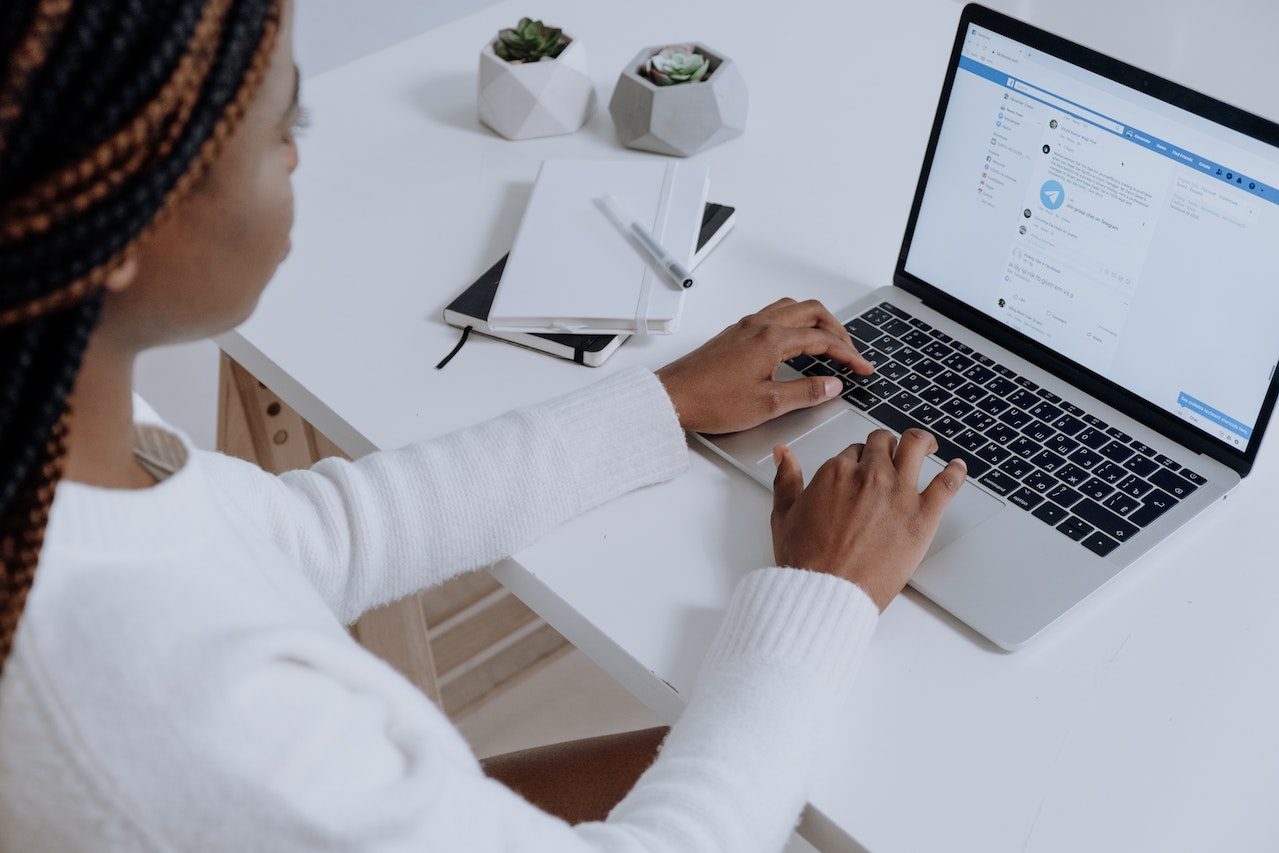Social Media and Body Image: How to Manage the Negative Impact

By Cassie Shortsleeve
Social media is many things, but, more than anything, it’s a highlight reel. That means everything you see—from people’s homes to their social lives to their bodies—has usually been carefully curated and has a way of appearing perfect.
Unfortunately, that also means too much time scrolling—especially through endless feeds of unrealistic, filtered, and edited faces and bodies—can create feelings of negative self-esteem and body-image issues.
The conversation around body image is often centered on female bodies, but all genders are susceptible to feeling down and critical about themselves after being exposed to idealized images online and unsolicited tips about dieting, exercise, and weight loss.
Research is clear that more time spent on social media is linked to a desire to change your body through disordered eating habits, muscle dysmorphia (a type of body dysmorphic disorder in which you think you’re weak even if you’re in great shape), and negative feelings about weight.
The first step toward feeling good about yourself after spending time on social media is figuring out which types of content leave you feeling icky. Does a particular account, topic, or person cause you to fall into the body-comparison trap? That’s a strong sign something needs to change.
Here are some ways to take action and feel better in your skin while scrolling.
Aim for Less Time On Your Apps
In a new study, teens and young adults who cut their social media use in half felt better about their weight and how they looked compared with those who kept up their regular scrolling habits. The study also showed that using social media for about an hour daily was a sweet spot for feeling better about your body. Not sure how to cut back? Try these tips:
- Set a timer. Use an app tracker (some apps have built-in timers that can help you track your time and set reminders to exit the app) or set your own timer to keep tabs on the time you spend scrolling.
- Silence push notifications. They’re designed to bring you back to apps, so turning them off can help you stay logged off.
- Create no-phone zones or no-phone times. Leave your phone outside your bedroom, for example, or commit to not using it during mealtimes.
- Fill up your schedule offline. Time with friends or family and structured activities such as sports or volunteer work will fill your days in ways that keep you present in your actual life, naturally leaving less time for screens.
Clean Up Your Feed
Images are powerful. You may not be in charge of a social media app’s algorithm, but you have control over who you follow, which directly affects what you see. Here are some ways to change what pops up online:
- Follow people who have different body types. Search for hashtags such as #bodyacceptance, #fatpositivity, or #edrecovery to find more helpful accounts.
- In the top-left corner of your Instagram feed, click to view the accounts you’re following and the accounts you like so they show up in your feed more often.
- Follow and engage with content that leaves you feeling open, refreshed, and positive about yourself instead of self-critical, down, or jealous.
- Mute, unfollow, or unfriend accounts that leave you feeling negative about yourself.
- Diversify your feed by following accounts that post more than bodies, such as feeds about nature, DIY arts and crafts, staying politically engaged, or inspirational quotes.
Know When to Seek Help
Body-image issues can sometimes turn into eating disorders, which can put you at increased risk for mental health conditions such as depression and anxiety, or even suicide. The very good news, however, is that eating disorders are treatable. If you think you may have—or be developing—one, you deserve help. Here’s how to get it.
- Call 866-662-1235 or email info@allianceforeatingdisorders.com to get referrals to all levels of care. The helpline is open from 9 a.m. to 5:30 p.m. EST Monday through Friday. If help is not immediately available, your call will be returned as soon as possible.
- Contact the National Alliance for Eating Disorders helpline, which is run by licensed therapists who specialize in eating disorders and can refer you to a professional who can help.
- Schedule a free, no-pressure clinical assessment with Project HEAL to see if you meet criteria for an eating disorder and get ideas for what to do next.
If you—or someone you know—needs help right now:
- Text HOME to 741-741 for a free, confidential conversation with a trained counselor any time of day.
- Text or call 988 or use the chat function at 988lifeline.org.
- If this is a medical emergency or there is immediate danger of harm, call 911 and explain that you need support for a mental health crisis.
Learn More About Social Media and Your Mental Health
- How Social Media Can Impact Mental Health
- Do I Have a Social Media Addiction?
- 7 Ways Social Media Can Benefit Your Mental Health
- Understanding Social Comparison on Social Media
- Understanding Social Media Use and Balance
- Am I a Cyberbully? Examples of Cyberbullying and How to Stop
- Recognizing Signs of Cyberbullying






